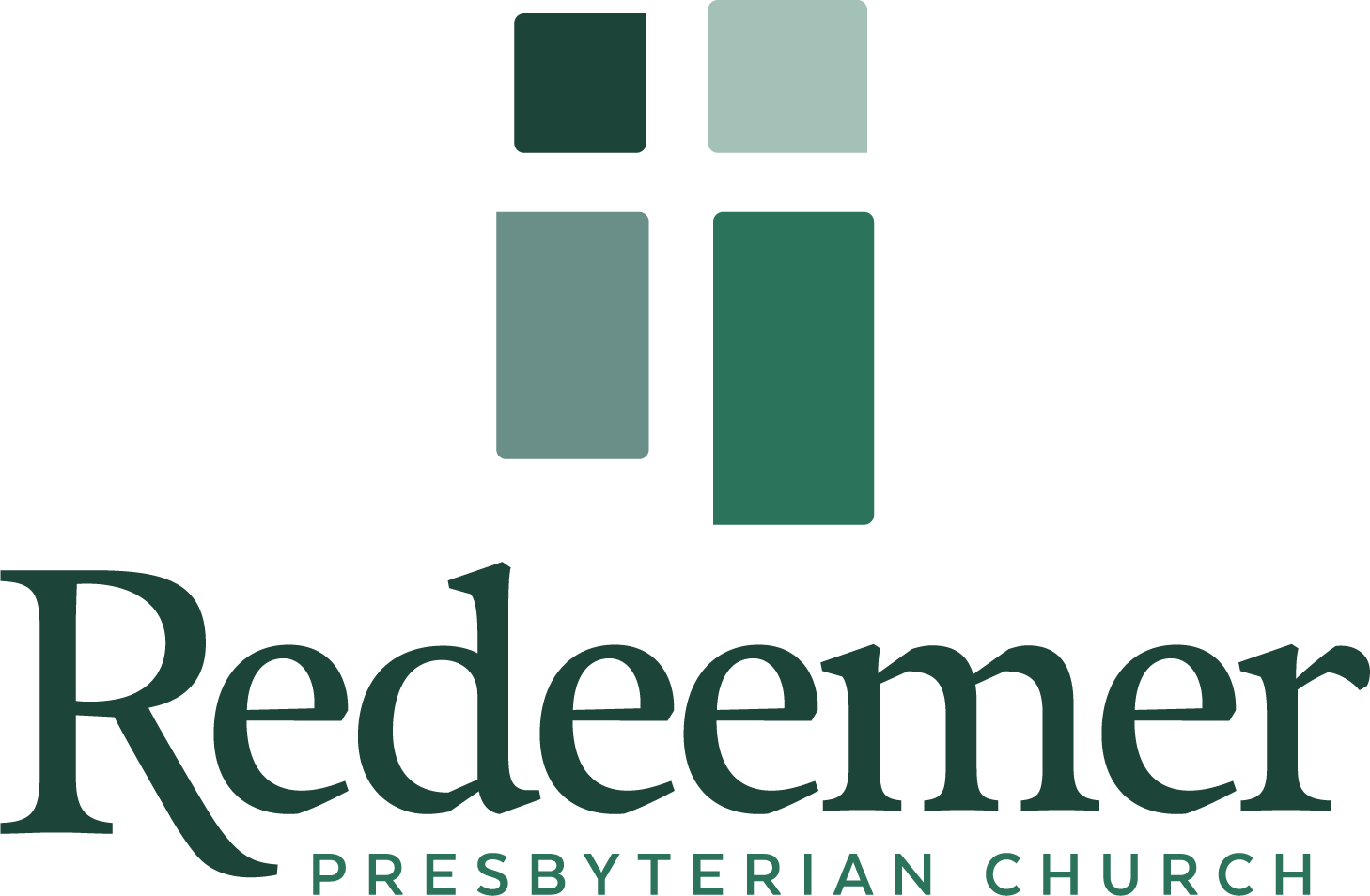Protesting from a Christian Perspective
This week’s blog is a transcript from an interview from the podcast The World and Everything in It with the Reverend Doctor Irwyn Ince, the moderator of the General Assembly of our denomination in 2018-2019. Here is a brief bio about Pastor Ince from his biography page on the Reformed Theological Seminary (RTS) website where he serves as a guest lecturer.
The Rev. Dr. Irwyn Ince began his professional career as a systems engineer and project engineering manager in the Washington-Baltimore Metropolitan area where he designed and implemented radio communications systems for state and local government clients. Sensing a call to ministry he began to pursue a master’s degree with RTS DC on a part-time basis while continuing his engineering career. Following his graduation in 2006 Irwyn helped plant City of Hope Presbyterian Church in Columbia, MD. During those years he maintained his connection to RTS DC by serving as a teaching assistant in Greek and Hebrew courses.
In 2016 Irwyn received the Doctor of Ministry degree from Covenant Theological Seminary. His dissertation was on Identity Formation in Diverse Churches. He firmly believes that the ministry of reconciliation demonstrated in the local church by the gathering of people from diverse backgrounds, cultures, and ethnicities, is the natural outworking of a rich covenantal theological commitment. He makes it his aim to share this vision through his role as pastor and director of the Grace DC Institute for Cross-Cultural Mission, a ministry connected to Grace Presbyterian Church (PCA), DC.
The World and Everything in It: protesting from a Christian perspective.
Click here for the audio link.
Protestors gathered Sunday in Washington, D.C., to rally for racial reconciliation. It was called the Faith+Works DC March. The main organizer was Anacostia River Church, with support and participation of many area churches, including Grace Presbyterian and Redemption Hill. Organizations such as the Institute for Cross Cultural Mission also participated in the rally.
Thabiti Anyabwile is one of the D.C. pastors who helped organize the event. He’s a member of The Gospel Coalition’s leadership council.
AUDIO: We want to witness to something different. That our lives do matter. That when blood is shed, it cries out to God. God hears it and there’s a reckoning. We want it to be the reckoning of the cross, and not the reckoning of the sword. We want it to be the reckoning of reconciliation and the reckoning of peace, and not the reckoning of conflict and violence.
MARY REICHARD, HOST: Joining us now to talk about Sunday’s rally is the Rev. Irwyn Ince. He was the moderator of the Presbyterian Church in America’s General Assembly in 2018 and 2019. He’s also a member of The Gospel Coalition’s leadership council.
Pastor Ince, good morning!
IRWYN INCE, GUEST: Good morning to you, as well.
REICHARD: Pastor, I’d like to start with the sights and sounds of Sunday. It looks like you had a good turnout. Senator Mitt Romney joined you. Several area churches participated. From your perspective, reverend, how did the march go?
INCE: The march was phenomenal. We were really encouraged by the turnout. There was a call for Christians who are concerned about matters of justice and race and racism to come out and it really was an outstanding turnout. I don’t know what the final numbers were, but it was an extremely successful march.
REICHARD: Wonderful to hear that. I want to play another clip from Pastor Thabiti. This is what he said to marchers when you all arrived at the National Mall.
THABITI: Our protest needs to be different. It doesn’t need to be less energetic. It doesn’t need to be less focused or pointed in its message. But it does need to be more spiritual. It does need to be filled with the Spirit of Christ and the truth of the gospel. We are folks who care, yes, about justice. But we’re also folks who care a lot about mercy. What we want is redemption, ultimately.
Can you talk about that contrast he’s trying to draw with this explicitly Christian march?
INCE: Sure. There is the reality that as believers in the Lord Jesus Christ, we understand from the word of God that God’s throne is founded on justice, on righteousness and justice as the Psalmist says in places like Psalm number 89. That these are the foundations of God’s throne. So, we are people who are passionate about justice and about righteousness. And we also understand that the ends of this is reconciliation and renewal and redemption. So, mercy has to be a part of our message. So, we’re not simply looking to condemn, we certainly do want to condemn injustice, but we want to see the renewal of minds and hearts and the reunion of peoples for this cause. And so that’s a distinct difference than just simply talking about righting wrongs, which we are all about. We are also concerned about renewal.
REICHARD: Pretend like you’re just talking to an individual listener now. Someone who wants to know, “what I should do now?” What should I do now, going forward toward racial reconciliation?
INCE: So, for an individual Christian who wants to make steps forward toward reconciliation, I would say the first thing is this—and let me answer it this way, in particular let me start it this way: My brothers and sisters who are white, who are part of the majority culture, I would say the first step is to really lament over injustice and the ways in which your fellow image bearers of color have borne the weight of injustice in this country and still do in many respects. To learn the language of lament and experience that. And then do some learning about the history within this country, about your own history and the ways in which you’ve been shaped to think about differences in race. And then look to engage and form relationships across lines of difference that become deep. Lord willing this will take place within the context of your local church and your church will have a desire to begin bridging divides and differences along the lines of race and ethnicity and class. And I would say something like that, along the lines to those of my brothers and sisters who, like me, are African American or are ethnic minorities who know the experience of living in a racialized society understand our freedom in the gospel that the Lord Jesus Christ made us in these ethnically identified bodies, that God did it on purpose, and he’s given it to the body as a gift for the pursuit of unity in diversity. And to live into that, take steps in that direction.
REICHARD: Pastor Irwyn Ince is director of the Grace DC Institute for Cross-Cultural Mission and a guest lecturer at Reformed Theological Seminary. He also has a book officially out August 4th but is available now from Intervarsity Press now called The Beautiful Community: Unity, Diversity, and the Church at its Best.
Pastor Irwyn, thank you for your time today.
INCE: Mary, thank you as well. Have a great day.
WORLD Radio transcripts are created on a rush deadline. This text may not be in its final form and may be updated or revised in the future. Accuracy and availability may vary. The authoritative record of WORLD Radio programming is the audio record.


